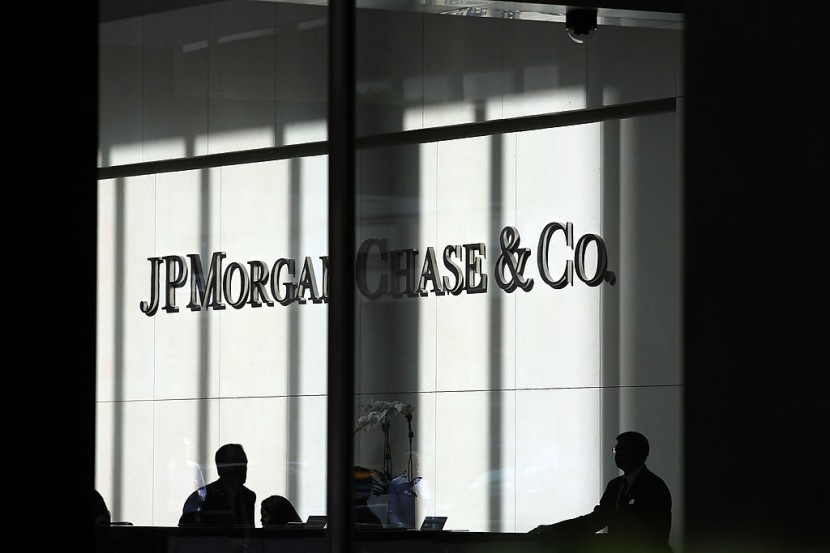
Profits at JPMorgan Chase & Co. increased by 52% in the first quarter as higher interest rates resulted in higher lending rates for clients.
After the collapse of Silicon Valley Bank and Signature Bank last month, JPMorgan reportedly experienced an apparent spike in deposits as businesses and consumers rushed to the banking giant.
Despite Banking Crisis
There are few indications of possible difficulty in the banking system, at least among the country's largest and most complicated financial institutions, as seen by the good results reported by JPMorgan, Citigroup, and Wells Fargo on Friday, April 14.
UBS analysts headlined their study, "What crisis?," after JPMorgan, Wells, and PNC released their numbers.
Market players combed through the data searching for evidence of fractures in the US banking system, making them the most scrutinized bank earnings releases in almost a decade. Octavio Marenzi, CEO of Opimas LLC, said in an email that analysts were glad to see no indications of a financial crisis, AP News reported.
Optimistic Outcomes
According to CNBC, the nation's largest bank by assets reported a profit of $12.62 billion, up from $8.28 billion during the same period a year earlier. JPMorgan's earnings per share of $4.10 were more than expected, surpassing Wall Street's consensus estimate of $2.63.
The majority of the increase in profits was due to the rise in interest rates. Net interest income for the bank was $20.8 billion, a 49% year-over-year increase.
The bank's deposit base increased by $37 billion, bringing the total to $2.4 trillion.
For many quarters, deposit levels at major banks have been on the decline as people used up their personal savings and companies spent their cash reserves to pay bills. Since March's failure of Silicon Valley Bank and Signature Bank, however, companies have started shifting their deposits from smaller banks to bigger ones.
JPMorgan's Chief Financial Officer, Jeremy Barnum, told reporters that the majority of the deposits went to accounts recently created by businesses and corporations. For a number of quarters, the influx of fresh deposits completely stopped the outflow of deposits from the bank.
Consumers' shift from saving to spending has been good for JPMorgan. The bank benefits from both the transaction fees and the interest earned on outstanding balances since credit card spending increased by 13% year-over-year. Also, more customers chose to carry the balance rather than pay it off.
Providing Solutions
For many years, financial institutions have looked to JPMorgan and CEO Jamie Dimon to provide solutions to their problems.
AP News said JPMorgan played a key role in assembling a consortium of other major banks to prevent the demise of First Republic Bank after the collapse of Silicon Valley Bank and Signature Bank. First Republic received $30 billion in uninsured deposits from the consortium of banks, which may have given the smaller bank time to fix its balance sheet and find a buyer.
© 2025 HNGN, All rights reserved. Do not reproduce without permission.








